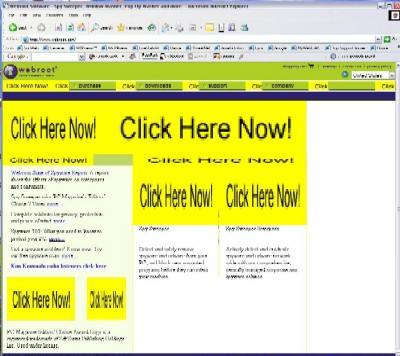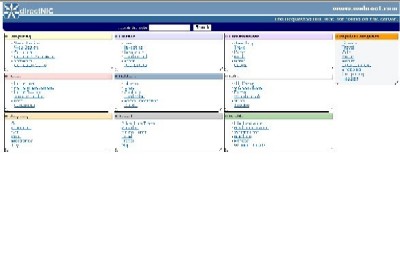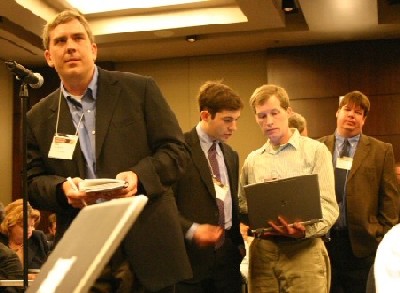(Props to Dave Methvin at PC Pitstop for sending me these pics and the ad links, and to Simon Clausen at PC Tools who originally made these pics).
One of the more shocking things we saw at the Antispyware workshop last week was this screen:
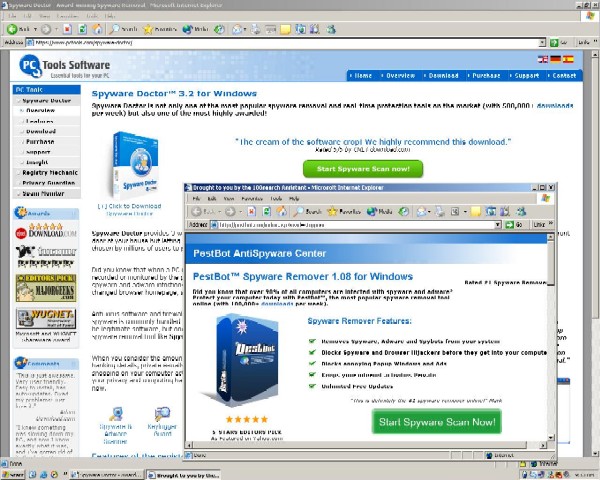
(Click to enlarge)
You can see us all seeing the screen here.
It was part of this discussion (an edited version I created from the Ziff Davis version–you can find the originals here ).
Ben Edelman starts the discussion, then you hear Dave Methvin’s (PC Pitstop) voice, and it goes on from there.
(One thing that happened during the discussion was that Ralph Terkowitz, one of the investors behind WhenU, looked very good by being thoroughly pissed when he saw this. You can hear him in the interchange. It made a good impression on the whole crowd.)
As you can see, someone who has this 180 product goes to PC Tools’ website, and gets a competitor popping up, with very similar colors. The end user is ostensibly fooled into perhaps buying from the competitor.
So this is “relevant” advertising.
180 did approve this ad. You can hear Daniel Todd of 180 say that during the conference. Note that they have pulled this advertiser.
Here are some more fun pics:
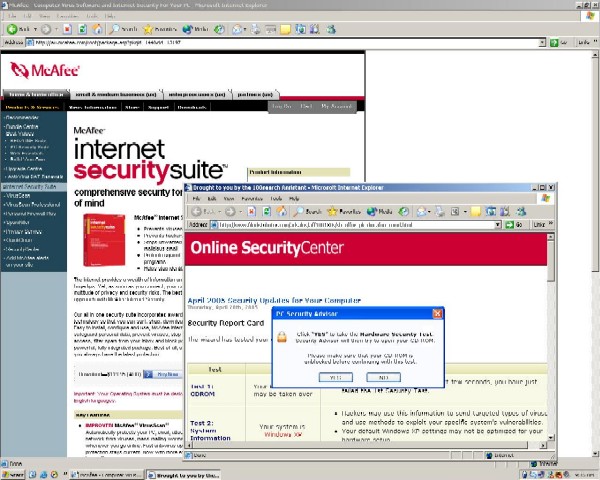
(Click to enlarge)
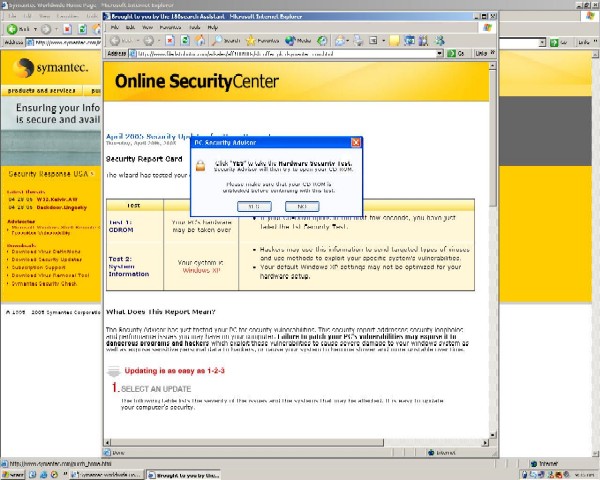
(Click to enlarge)
The ads targeting Symantec and McAfee are still up. You can see them here and here (As Dave Methvin points out, the “Open CD to test your computer” is one of the stupidest and oldest tricks in the book).
Finally, here is one you would get when searching on Download.com, clicking on utilities – system utilities.
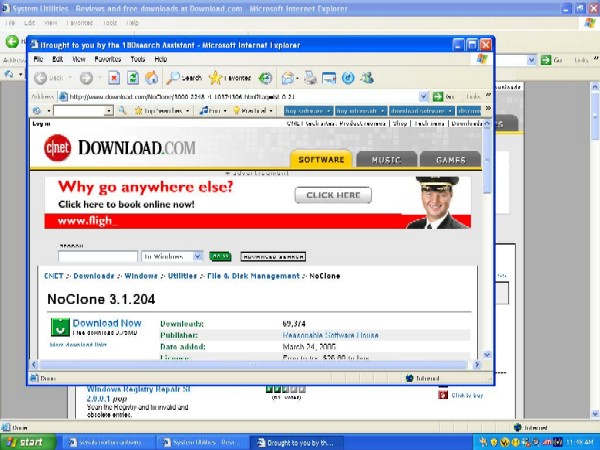
(Click to enlarge)
Not Good.
Alex Eckelberry




